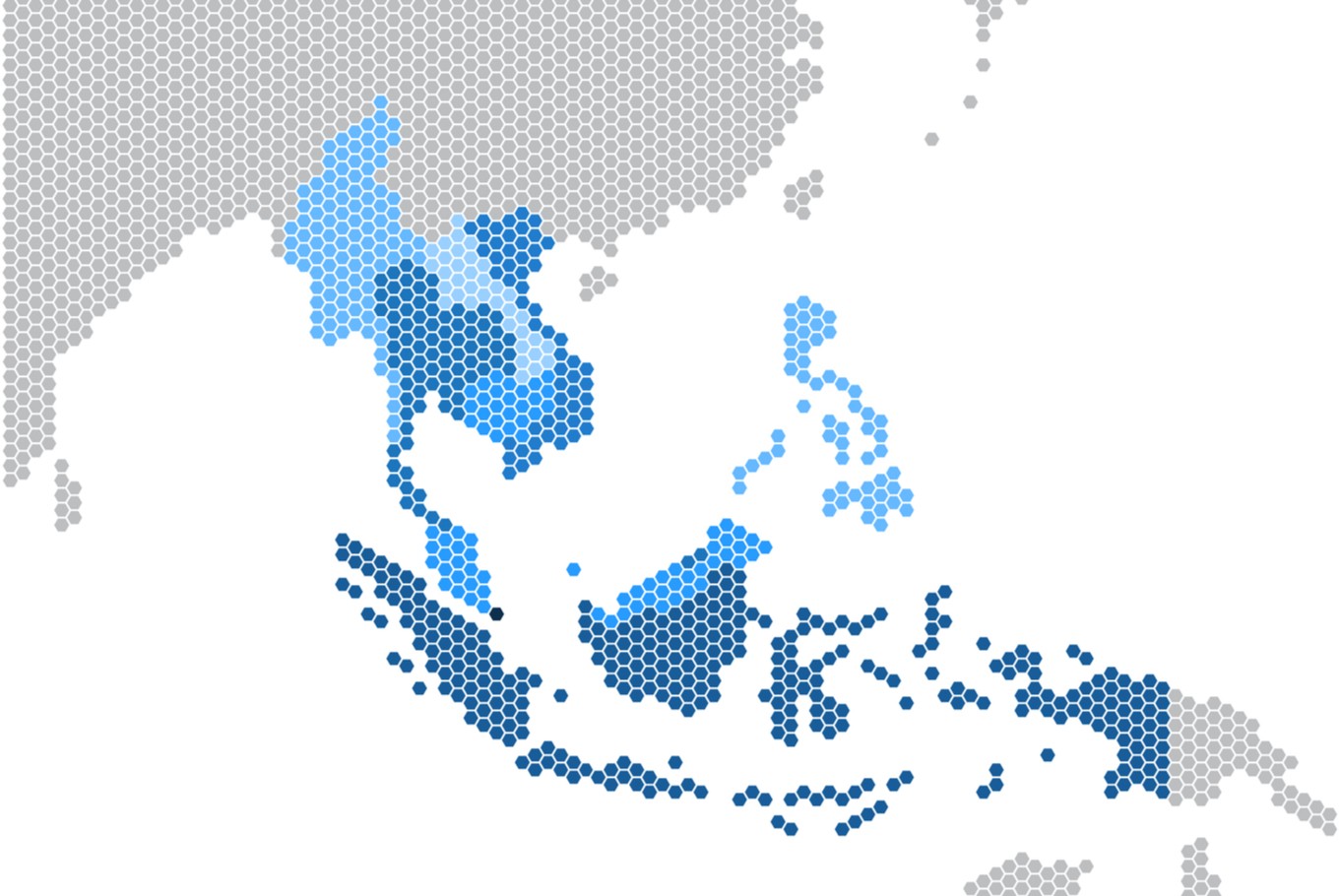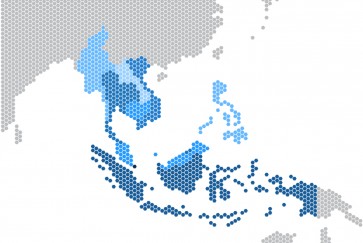Popular Reads
Top Results
Can't find what you're looking for?
View all search resultsPopular Reads
Top Results
Can't find what you're looking for?
View all search resultsRCEP and Indo-Pacific initiatives play second fiddle
The underlying issue facing both with the RCEP and Indo-Pacific initiatives is the crossover between politics and economics. In this regard, we need to be cautious about several issues. #opinion
Change text size
Gift Premium Articles
to Anyone
A
t the ASEAN Summit on June 20 to 23, President Joko “Jokowi” Widodo tried to draw the attention of his fellow regional grouping member countries to two key matters: completion of negotiations over the Regional Comprehensive Economic Partnership (RCEP) and acceleration of negotiations on the “Indo-Pacific” as an Indonesian cooperation initiative to be adopted by the group (The Jakarta Post, June 20).
Why are they important for Indonesia and, especially, ASEAN?
Behind all of this lies a tangled web of politics and economics that existed even before the trade dispute between China and the United States. The Doha Development Round of the World Trade Organization as the keystone for a multilateral trading system has remained unfinished after more than 15 years. Meanwhile, the so-called trade war has been going on for two years.
The RCEP as a superregional free trade agreement (an FTA permissible under Article XXIV of the General Agreement on Tariffs and Trade, but outside traditional ideas about multilateral trade) formally aimed to broaden ASEAN’s engagement with its individual FTA partners, namely Australia, China, India, Japan, South Korea and New Zealand.
As a superregional FTA, the RCEP is intended to deliver benefits through potential improvements in market access, more coherent trade facilitation and regulatory rules and cooperation. Six years into RCEP negotiations, President Jokowi said he is still convinced that ASEAN would be able to withstand the adverse impacts of the US-China trade war if the group is united under the RCEP.
The RCEP is typically understood to represent China’s answer to the Trans Pacific Partnership (TPP) that was actively pursued by the US during the administration of then-president Barrack Obama. It represents a Chinese choice for economic diplomacy over the US’ more rules-based trade liberalization efforts. After the TPP died early in the President Donald Trump’s administration, the RCEP moved to the fore in Asia-Pacific region, as a superregional economic partnership in the form of an FTA within the Indo-Pacific region.
The RCEP focuses on economic issues, while Indonesia’s Indo-Pacific initiative for cooperation concentrates more on geopolitical issues. The Indo-Pacific concept was developed in recognition of the need for ASEAN to respond with a united front to emerging regional issues, thereby preserving ASEAN’s centrality.


















